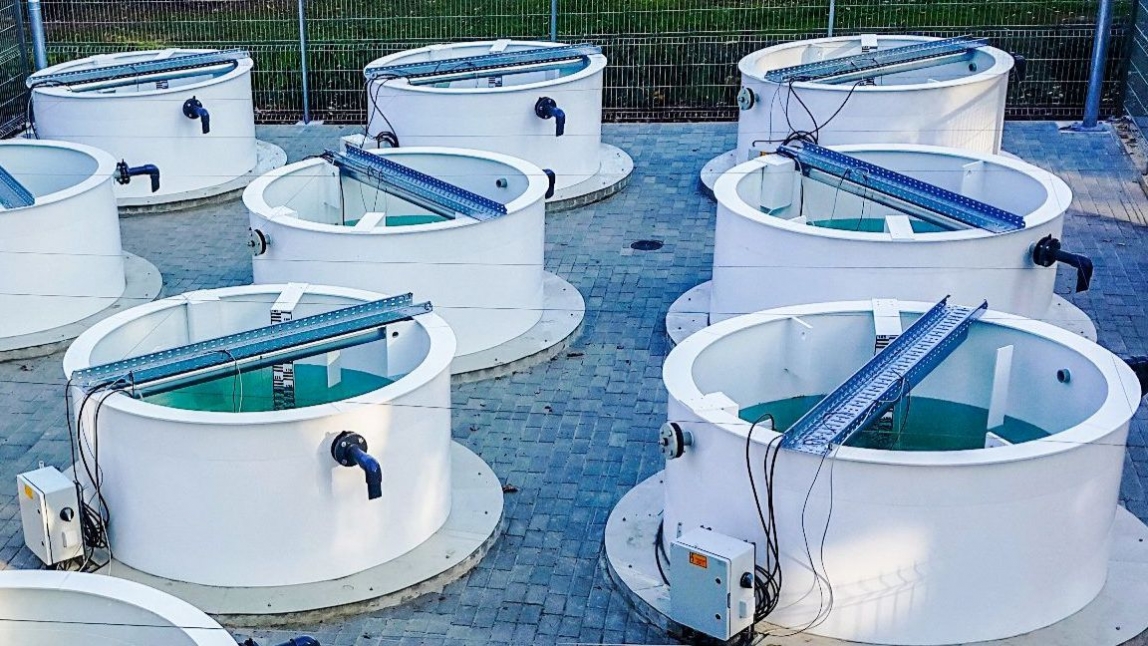The Tihany-based Balaton Limnological Research Institute (BLKI), one of the country's oldest biological research institutes, is investigating, among other things, how the biota of Hungary's freshwaters, including Lake Balaton, may change under the impact of climate change.
The model experiments are carried out in the BLKI's so-called mesocosm system, in tanks equipped with special sensors where certain environmental variables can be adjusted and controlled in advance. This system is thus suitable to a certain extent for simulating the processes likely to affect aquatic ecosystems as a consequence of climate change.
Taking into account suggestions from the Institute for Climate Policy as well, BLKI has launched an experiment in September 2021, where researchers will investigate what fundamental ecological changes might take place in domestic shallow standing waters by the end of the century based on temperature change estimates for Central Europe recently published by the Intergovernmental Panel on Climate Change (IPCC). The current experiment is specifically looking at how an average temperature increase of 3°C compared to current climatic conditions will affect the development, species composition and abundance of the algal communities that colonize the surface and float in the water.
The simulation is expected to run until mid-October and the results will be presented in a detailed scientific paper by the researchers of BLKI.
The two institutes plan to collaborate on other scientific projects in the future.



